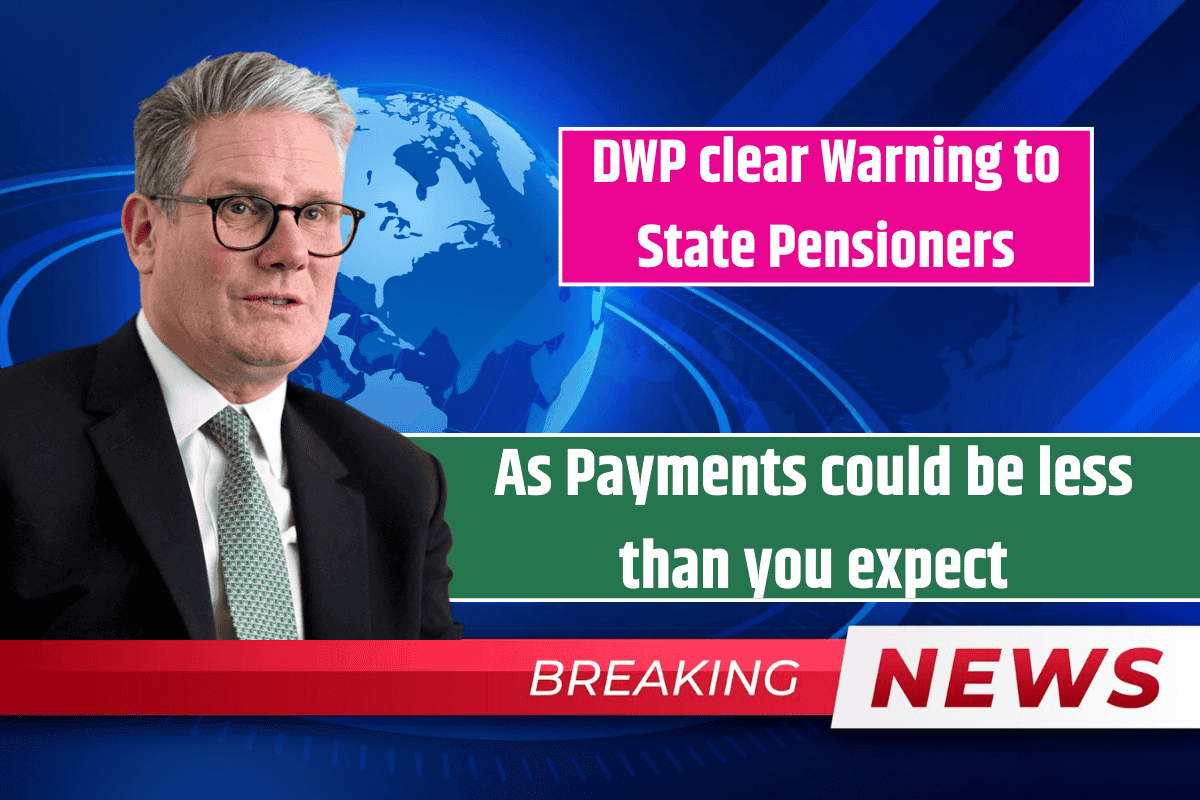Planning for retirement? If you’re relying on the UK state pension, there might be a few surprises ahead. Many people expect a certain amount when they retire, but some important changes are coming that could reduce how much you actually receive. From changes in pension age to tax rules, here’s everything you need to know.
Current State Pension Rates
As of now, there are two types of state pension amounts:
- Full New State Pension: £230.25 per week or £11,973 per year
- Full Basic State Pension: £176.45 per week or £9,175.40 per year
Each April, pension payments increase based on something called the triple lock. This policy guarantees that pensions rise by the highest of these three: 2.5%, inflation, or average earnings growth. While this sounds great, some future changes could affect how much people actually receive.
Pension Age Increasing from April 2026
One of the biggest changes is the rising state pension age. Right now, people start getting their state pension at age 66. But starting from April 2026, this will slowly increase to 67 years old. Every month, the eligible age will increase by one month, and this will continue until April 2028.
Here’s a simple breakdown:
- Born between April 6 – May 5, 1960: pension age is 66 years and 1 month
- Born between May 6 – June 5, 1960: 66 years and 2 months
- This pattern continues, increasing by one month at a time
- Anyone born between March 6, 1961 and April 5, 1977 will have to wait till 67
This change means some people will get their pension six months later than expected, possibly losing up to £5,980, depending on the rate when they retire.
Future Increase to Age 68
It doesn’t stop there. Between 2044 and 2046, the pension age is expected to rise again, this time to 68 years old. This means today’s younger generation may need to work longer before they can retire and receive a state pension.
Tax Troubles Ahead for Pensioners
Next year might also bring some tax concerns. The full new state pension is expected to go up to £11,973, which is very close to the personal tax-free allowance of £12,570. This means even a small increase—just 5%—could push many pensioners into the tax bracket.
If pensions go above the tax-free threshold, pensioners may have to start paying income tax on their state pension. With earnings currently rising at 5.6%, it’s quite likely this will happen soon.
What the Government Says
People are worried about this, and some have asked if the Labour Party plans to raise the personal allowance for pensioners.
Minister Torsten Bell said the earlier government had frozen the tax-free personal allowance until April 2028, but the current government has decided not to extend that freeze further.
He also mentioned that around 80% of pensioners are already paying income tax. However, he promised that the government is committed to supporting older people.
In fact, the government says its continued support for the triple lock will increase state pension spending by £31 billion and could raise pension incomes by up to £1,900 over this Parliament.
Retirement plans for many UK residents might need adjusting. With changes in the pension age and rising chances of income tax on pensions, it’s important for future pensioners to stay informed. While the triple lock offers some protection, rising costs and delayed payments could affect the overall financial security of older people.
To avoid surprises later, people should start planning early and keep track of government updates. Understanding how pension age and tax rules are changing is key to making smart retirement choices.
SOURCE
FAQs
What is the new UK state pension amount for 2025?
The full new state pension for 2025 is £230.25 per week or £11,973 per year. The basic state pension is £176.45 per week or £9,175.40 annually.
When will the UK state pension age rise from 66 to 67?
The pension age will gradually increase from 66 to 67 starting April 2026 and will be completed by April 2028. The change happens month by month based on your date of birth.
Will people have to pay tax on their state pension?
Yes, many pensioners might pay income tax if the state pension rises above the personal allowance of £12,570. This could happen as early as next year due to the triple lock increase.
How much could pensioners lose due to the increased pension age?
Pensioners could lose around £5,980 if their state pension age is delayed by six months, based on the full new state pension amount.
Is the government increasing the personal tax allowance for pensioners?
No, the current allowance of £12,570 is frozen until 2028. However, the government has said it will not extend this freeze further.
